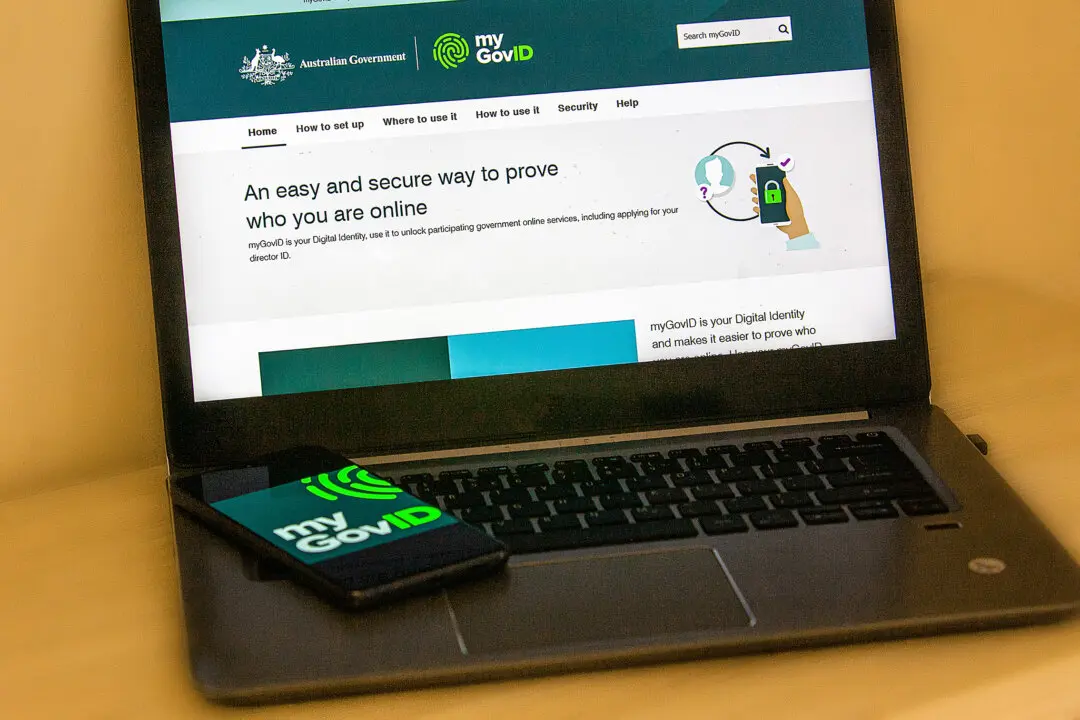Digital Rights Watch is recommending that the Australian government stop law enforcement agencies from accessing data under the proposed Digital ID legislation.
In a submission to the Senate inquiry into the Digital ID Bill 2023, the group raised concerns that digital ID could be used for mass surveillance and law enforcement.





